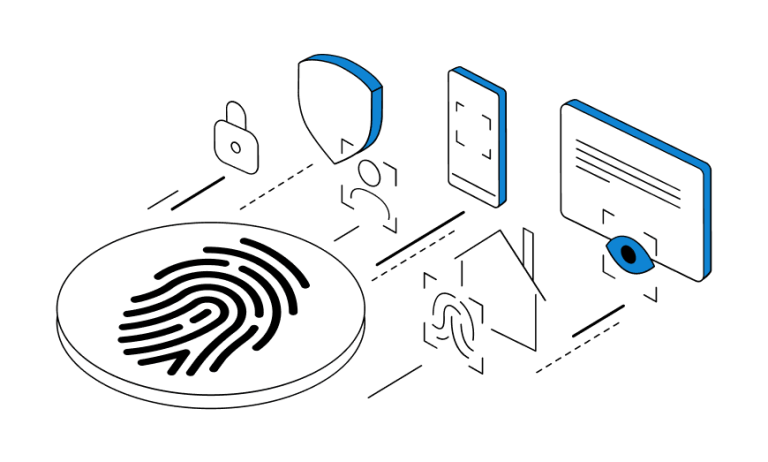Browser fingerprinting VPN protection is no longer optional—it’s essential. Even if you clear cookies, block third-party trackers, or browse incognito, websites still recognize you using a stealthy technique: browser fingerprinting.
This invisible form of tracking gathers small bits of data from your browser—such as device type, screen size, and system fonts—to create a unique fingerprint. And it sticks, no matter how careful you are.
And unless you’re using a VPN, you’re still being tracked.
What Is Browser Fingerprinting?
Every time you load a website, your browser leaks subtle clues—screen size, time zone, installed fonts, browser version, hardware specs, and more. Alone, they seem harmless. But together, they form a unique digital fingerprint.
This fingerprint lets companies and websites recognize you—even if you’re not logged in and even if you’re using private browsing or a tracker blocker.
A recent study by Texas A&M University and Johns Hopkins confirms it: browser fingerprinting is now mainstream, not some obscure hacker trick.
Why It’s a Problem
Browser fingerprinting VPN protection is crucial because this tracking technique is:
- Persistent: It works across sessions, tabs, and even incognito mode
- Invasive: Sites use it to adjust pricing, ads, and content based on your profile
- Undetectable: Unlike cookies, there’s no pop-up asking for permission
For example, researchers found that users with newer devices or affluent ZIP codes often saw higher prices for products. That means simply using a high-end iPhone could cost you more—without you knowing it.
Can You Turn It Off?
Not exactly. Unlike cookies, you can’t just turn fingerprinting off. It’s built into how the internet works. Tools like uBlock Origin, Privacy Badger, and privacy browsers like Brave or Tor help—but they don’t completely stop it.
That’s where a VPN becomes essential.
Why You Need a VPN
A VPN (Virtual Private Network) encrypts your internet traffic and masks your IP address. It routes your data through a secure server, often in another city or country. Here’s how that helps:
- Breaks the link: Even if your browser fingerprint stays the same, it can’t be tied to your identity without a consistent IP address.
- Adds uncertainty: Fingerprinting tools rely on consistency. A VPN disrupts that, making profiling difficult and unreliable.
Using a VPN introduces just enough randomness to prevent companies from tracking you effectively.
What VPN Should You Use?
Not all VPNs are created equal. Free VPNs often log your data or sell it to third parties—exactly what you’re trying to avoid.
ExpressVPN is one trusted option. It’s fast, secure, and doesn’t log your activity. Whether you’re at home, at work, or on public Wi-Fi, ExpressVPN hides your IP, encrypts your connection, and blocks fingerprinting attempts from linking your online behavior to you.
Final Thoughts
Browser fingerprinting VPN protection is more important than ever. Incognito mode, cookie blockers, and privacy add-ons are great—but they’re not enough.
To truly protect your digital footprint and online identity, a VPN is your best line of defense.
Other News:
Streaming Surpasses Broadcast and Cable in TV Viewership
Barron Trump’s Crypto Fortune Grows with World Liberty Financial

